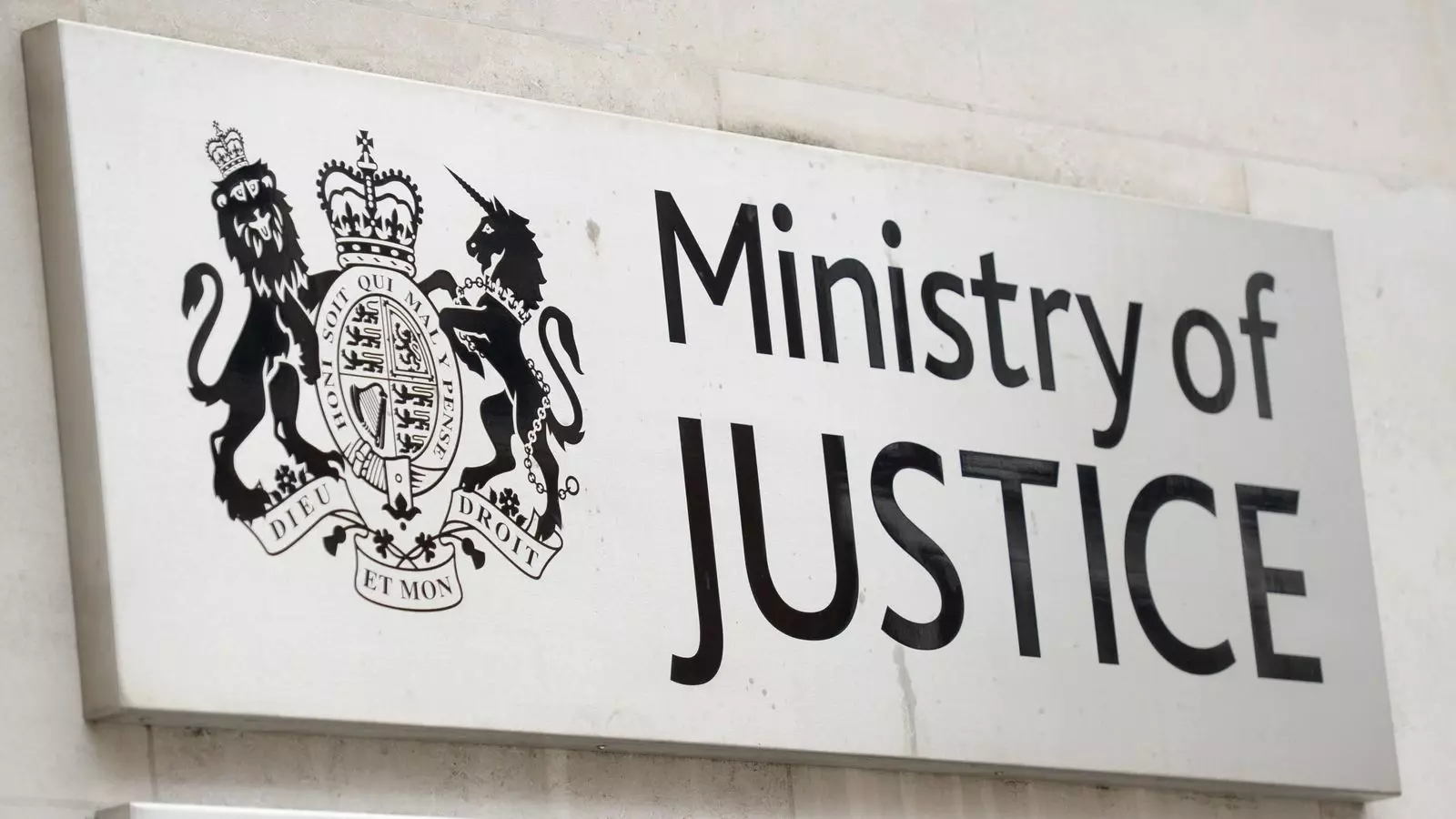In a startling revelation, the Ministry of Justice (MoJ) has confirmed that hackers have accessed and downloaded a substantial amount of personal data belonging to individuals who applied to the Legal Aid Agency (LAA). This breach reportedly includes sensitive information, such as criminal records and financial data, which raises alarming concerns about the security measures in place. While the hackers claim to have secured a staggering 2.1 million pieces of data, the MoJ has yet to corroborate these numbers, illustrating the uncertainty surrounding the integrity of the agency’s digital infrastructure.
The timeline of events is equally troubling. The government became first aware of the breach back on April 23, but only last week did they realize the full extent of the situation. This delay in understanding the severity of the attack paints a picture of negligence and complacency that should not only concern the victims but the entire legal framework within which our society operates. Such a breach is not just a statistical error; it is a pronounced failure of duty that affects countless lives.
A Lamentable Legacy of Neglect
The MoJ has placed the blame for this fiasco squarely on the shoulders of the previous administration. An unnamed source at the MoJ pointed out that the vulnerabilities in the agency’s systems have long been known, suggesting a history of “mismanagement” that can no longer be ignored. In this era of rapid technological advancement, the persistent failure to address recurring security flaws speaks volumes about the governance and oversight – or lack thereof – within such an essential service.
The LAA plays a crucial role in administering over £2.3 billion in legal funding for the fiscal year 2023/24. The data accessed impacts anyone who applied for legal aid over the last 15 years, raising uncomfortable questions about the agency’s ability to safeguard personal information. In a society that values justice, how can we trust an agency that disregards its primary responsibility to its citizens? The answer is clear: we cannot.
Bells Toll for Digital Security
In the wake of this breach, the MoJ has made urgent calls for anyone who applied for legal aid since 2010 to upgrade their passwords and exercise heightened vigilance against unusual messaging or phone calls. This move, while necessary, comes off as a haphazard attempt to mitigate the situation rather than a well-thought-out strategy for secure information handling. The agency’s decision to take down its digital services only underscores the precariousness of the situation.
Jane Harbottle, the chief executive of the Legal Aid Agency, has publicly apologized for the scandal that undoubtedly “shocking and upsetting” to many. While it is commendable that she acknowledges the flaws in the system, her promises to collaborate with the National Cyber Security Centre to rectify these embarrassing lapses feel somewhat hollow at this point. Actions tell louder than words, and past errors need significant reform within the technological infrastructure to ensure dependable legal support.
It’s Time for a Radical Overhaul
The Law Society’s spokesperson has rightly criticized the “antiquated IT system” that underpins the Legal Aid Agency, highlighting the pressing need for investment in modernized infrastructure. In a world where cyber attacks are unfortunately commonplace, this breach serves as a sobering wake-up call for public institutions across the board. It is imperative that they prioritize the implementation of robust and secure systems to prevent such future incidents, not only to protect the data of individuals but also to maintain trust in the justice system.
The MoJ’s partnership with the National Crime Agency and National Cyber Security Centre should be applauded as a step in the right direction. However, authorities must ask themselves: is this enough? We are navigating increasingly treacherous digital waters, and the impacts of ignoring warning signs can no longer be brushed aside under the carpet of bureaucracy.
As public frustration mounts over breaches such as this, it’s apparent society cannot afford to be apathetic. The legal system is a cornerstone of democracy; failing to protect its integrity undermines our collective commitment to justice. The public’s trust, once shaken, is not easily restored, and it’s high time the government took comprehensive and enduring steps to fortify the systems that serve, protect, and empower its citizens.

